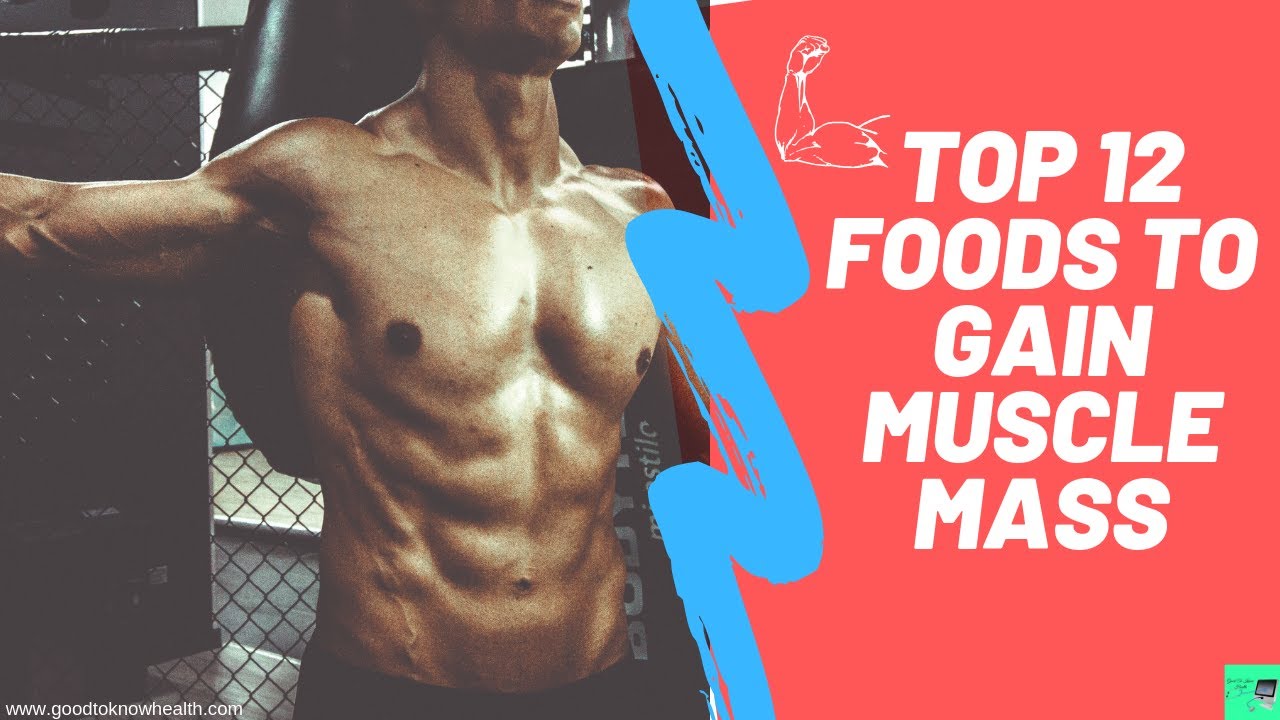Building muscle is not just about hitting the gym and lifting heavy weights. Nutrition plays a pivotal role in muscle growth and recovery. When it comes to maximizing muscle gain, the foods you eat can make a significant difference. In this article, we’re going to explore 12 foods that help you build muscle. Whether you’re a seasoned athlete or a build-muscle 12-year-old enthusiast, these foods can benefit anyone striving for muscle growth.
Chicken Breast
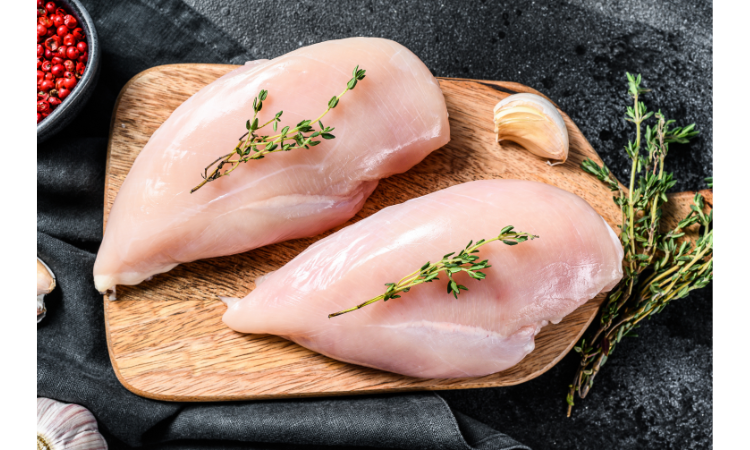
Protein Content: Chicken breast is a lean source of protein, essential for muscle repair and growth.
Eggs

Protein and Nutrients: Eggs are not only packed with protein but also contain essential amino acids and choline, crucial for muscle growth.
Greek Yogurt
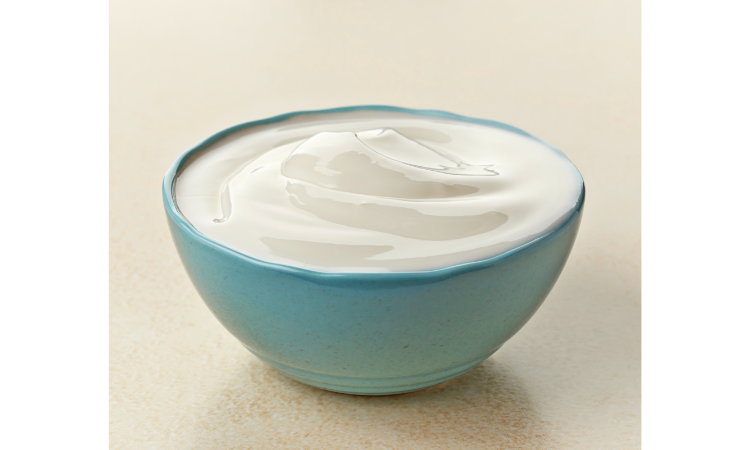
Slow and Fast Digesting Proteins: Greek yogurt contains a mix of slow-digesting casein protein and fast-digesting whey protein, promoting muscle growth.
Salmon

Omega-3 and Protein: Salmon is not just a protein powerhouse; it also contains omega-3 fatty acids, which are known to boost muscle growth.
Quinoa
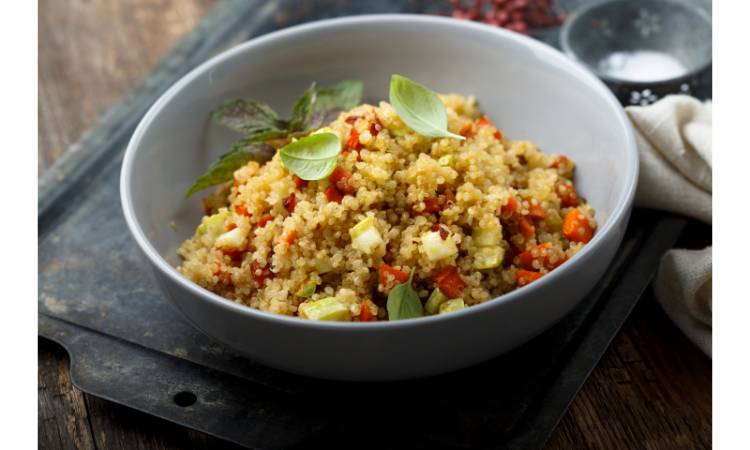
Rich in Carbs and Protein: Quinoa is a fantastic source of carbohydrates and protein. It also provides all nine essential amino acids.
Tofu
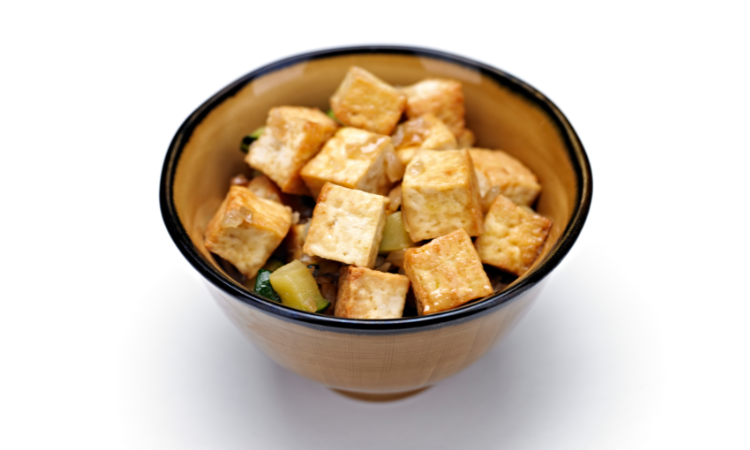
Plant-based Protein: For those who prefer plant-based diets, tofu is an excellent muscle-building food source, rich in calcium and iron.
Almonds
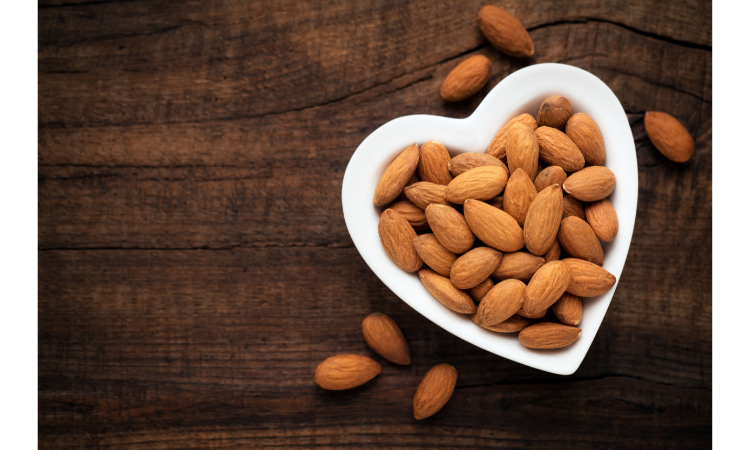
Vitamin E and Protein: Almonds are not just tasty snacks. They are rich in protein and vitamin E, which provide antioxidant benefits.
Cottage Cheese

Casein Protein: Cottage cheese contains a slow-digesting protein called casein, making it an ideal nighttime snack for muscle recovery.
Turkey

Lean Protein: Turkey is another lean meat source, perfect for those aiming to build muscle without the extra fat.
Lentils
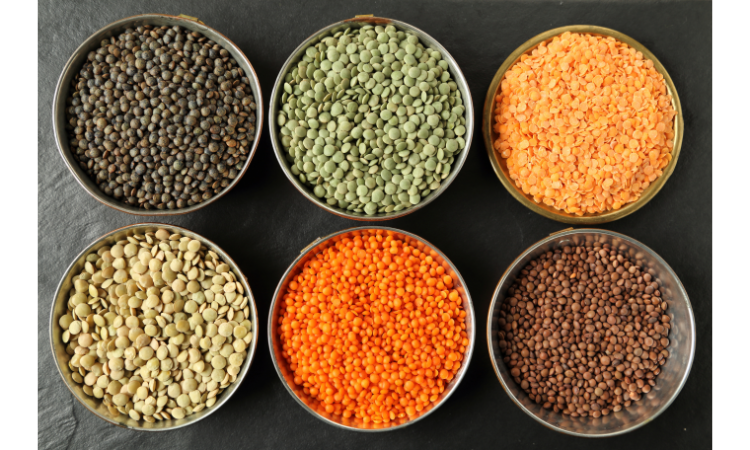
Plant-based Protein Powerhouse: Lentils are a fantastic protein source for vegans and vegetarians. They’re also rich in carbs, making them ideal for post-workout recovery.
Edamame
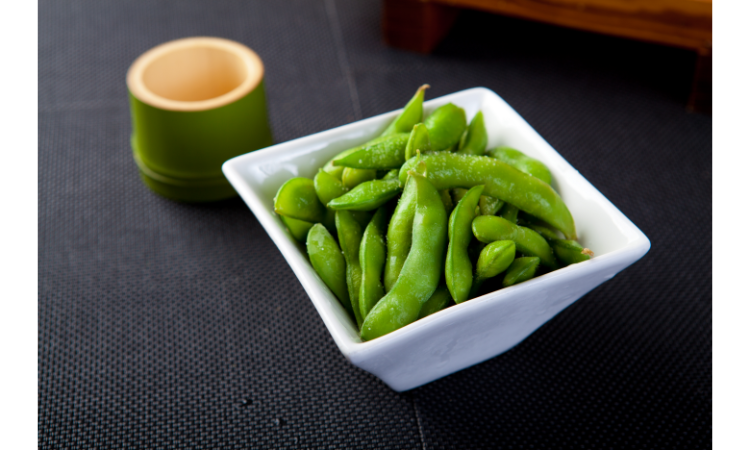
Soy Protein and Vitamins: Edamame beans offer a healthy dose of protein, iron, and calcium. They are also rich in vitamins and antioxidants.
Chickpeas
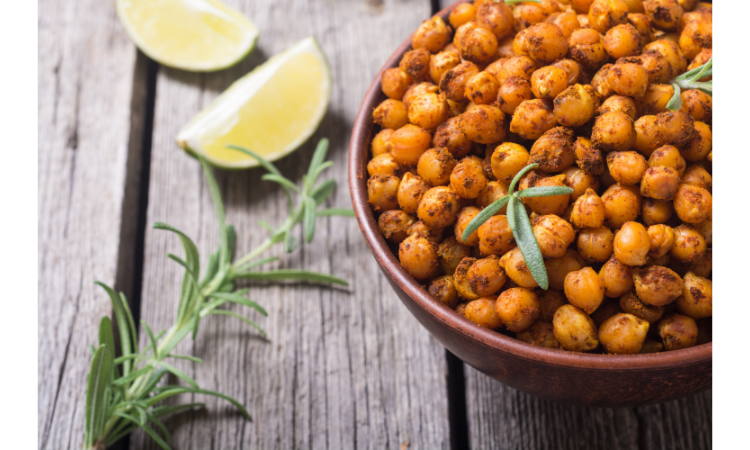
Carbs and Protein: Chickpeas are a rich source of carbohydrates and protein, making them an excellent choice for muscle-building diets.
Additional Tips for Effective Muscle Building
While we’ve covered the 12 foods that help you build muscle, it’s worth noting that simply consuming these foods isn’t a silver bullet for muscle growth. Several additional factors and tips should be considered for those looking to enhance their muscle-building journey.
Stay Hydrated
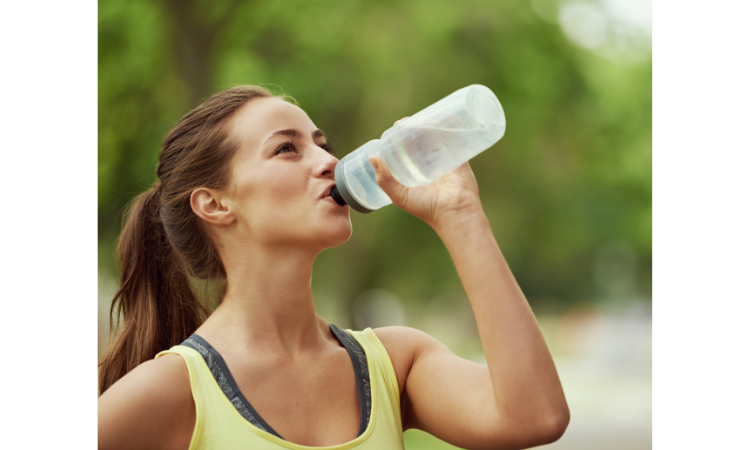
Water is crucial for every cell and function in your body, including those responsible for muscle contraction. Dehydration can hinder performance and slow down recovery. Aim for at least 8-10 glasses of water a day and more if you engage in intense workouts.
Balance Your Macros
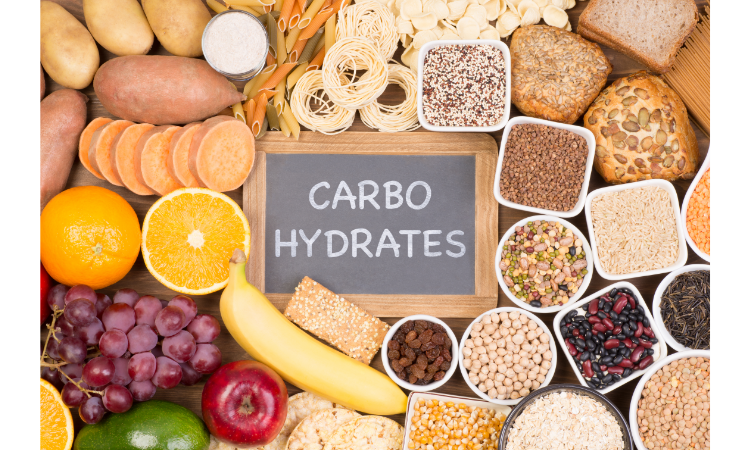
While protein is vital for muscle repair and growth, carbohydrates and fats are equally important. Carbohydrates provide the energy needed for workouts, and fats play a key role in hormone production, including testosterone, vital for muscle growth.
Time Your Nutrient Intake

The timing of your nutrient intake can have a significant impact. Consuming a protein-rich snack or shake post-workout can optimize muscle repair and growth. This is often termed the “anabolic window,” a period where your muscles are like sponges, absorbing all the nutrients they can get.
Avoid Overtraining

While it’s essential to train hard, overtraining can be counterproductive. Always ensure you give your muscles adequate time to recover. This is when they grow and get stronger. Incorporate rest days and listen to your body.
Supplements Can Help

While whole foods should always be your primary source of nutrients, certain supplements like whey protein, creatine, and branched-chain amino acids (BCAAs) can be beneficial. However, always do thorough research or consult a professional before adding any supplements to your regimen.
Stay Consistent
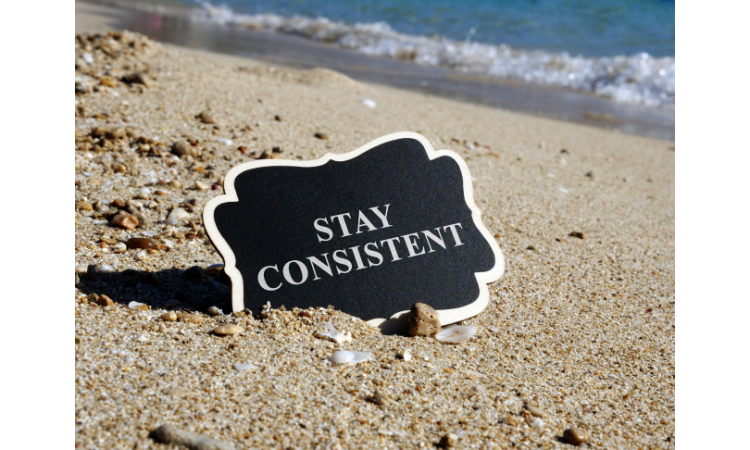
Like any endeavor in life, consistency is key. Building muscle is a marathon, not a sprint. It takes time, dedication, and persistence. Keep your goals in mind, and don’t get discouraged by short-term setbacks.
Consider Age-Appropriate Recommendations
Dietary needs can vary based on age. For instance, the build muscle 12-year-old group may have different caloric and protein requirements than adults. Always factor in age when planning a muscle-building diet.
The Full Circle of Muscle Building
While we’ve deep-dived into the foods, strategies, and community aspects of muscle-building, it’s also essential to understand the broader context. Building muscle is one component of holistic health, a comprehensive approach that encompasses mind, body, and spirit. Let’s unravel how this full-circle approach complements your muscle-building goals.
Mental Well-being and Muscle Growth

Mindset plays a significant role in muscle development. Setting clear goals, maintaining a positive attitude, and visualizing your desired outcomes can enhance motivation and drive. Additionally, practices like meditation and mindfulness can improve focus during workouts, ensuring each session is effective.
Flexibility and Muscle Health

While building strength is crucial, maintaining flexibility is equally vital. Incorporate stretching routines, Pilates, or yoga into your regimen. These practices not only enhance muscle elasticity but also improve posture, reduce injury risk, and can even contribute to better muscle definition.
Nutritional Balance for Overall Health
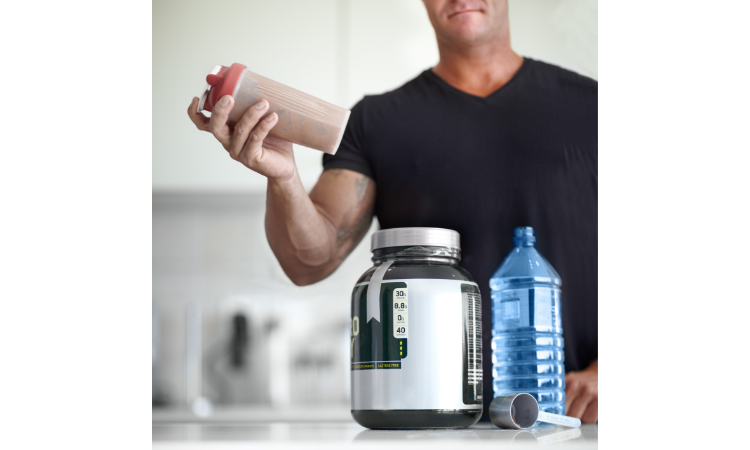
Beyond the 12 foods that help you build muscle, it’s essential to have a well-rounded diet that caters to all bodily needs. Vitamins, minerals, and other micronutrients play pivotal roles in bodily functions, energy production, and even mood regulation. Consider incorporating a variety of fruits, vegetables, whole grains, and healthy fats to ensure optimal health.
Cardiovascular Health Complements Muscle Building
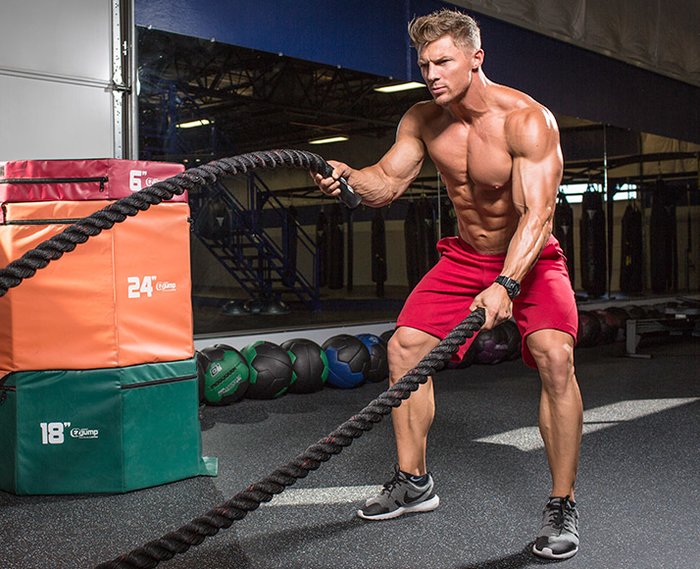
Cardio isn’t an enemy to muscle building. It enhances heart health, improves lung capacity, and can aid in muscle recovery by promoting blood circulation. Activities like brisk walking, cycling, or even dancing can be incorporated without jeopardizing muscle gains.
Spiritual Alignment and Physical Goals

For some, spiritual practices can provide a foundation for their physical endeavors. Whether it’s through prayer, meditation, or connecting with nature, finding a spiritual grounding can bring purpose and motivation to the muscle-building journey.
Social Connections and Emotional Well-being

Being part of a community, as previously highlighted, not only supports muscle-building goals but also fosters emotional well-being. Human connections, mutual encouragement, and shared experiences can act as emotional pillars, helping one navigate the ups and downs of the fitness journey.
Conclusion
Building muscle is a combination of regular exercise and proper nutrition. Including the above 12 foods that help you build muscle in your diet can ensure you’re providing your body with the right nutrients it needs to grow and recover.
For younger enthusiasts, such as the build muscle 12-year-old group, it’s crucial to consult with a nutritionist or physician before making significant dietary changes. But remember, muscle-building foods aren’t just for bodybuilders – they’re beneficial for everyone.
Important: Before embarking on any new diet, especially one geared towards muscle-building, always consult with a nutrition expert or healthcare provider.
